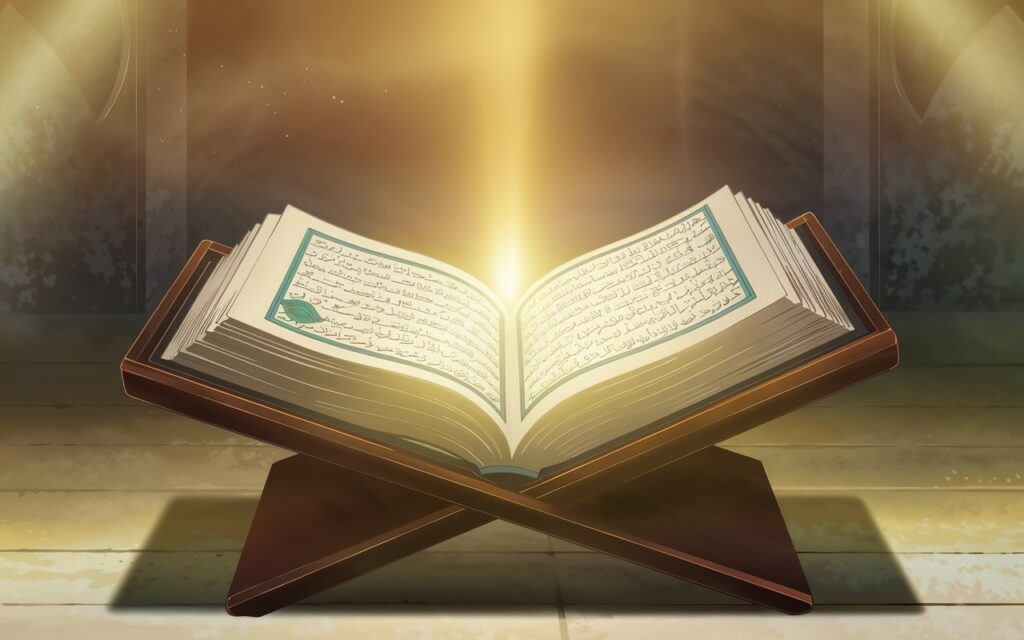The Angels in Islam: Their Role in the Universe
Who Are the Angels in Islam?
The angels in Islam are among Allah’s magnificent creations, made from pure light and entrusted with divine tasks. Unlike humans, they do not eat, sleep, or commit sins. Instead, they exist solely to obey and worship Allah, executing His commands without question.
Allah says in the Quran:
“They do not disobey Allah in what He commands them, but do as they are commanded.” (At-Tahrim: 6)
Their number is vast—so immense that only Allah knows how many angels exist. Some have two wings, while others have three, four, or even more, as mentioned in the Quran.

The Role of Angels in the Universe
Angels play crucial roles in maintaining the balance of the universe. Allah has assigned them specific tasks, including:
1. Jibril (Gabriel) – The Angel of Revelation
Jibril is the most honored of angels. His primary role is delivering Allah’s messages to the prophets. He brought down the Quran to Prophet Muhammad ﷺ and delivered revelations to previous prophets as well.
2. Mikail (Michael) – The Angel of Provision
Mikail is responsible for distributing sustenance, including rain and blessings. He ensures the balance of nature and provides provisions to Allah’s creation.
3. Israfil – The Angel of the Trumpet
Israfil is the angel who will blow the trumpet to announce the Day of Judgment. His role signifies the end of this world and the beginning of the Hereafter.
4. Malak al-Mawt – The Angel of Death
Commonly known as Azrael, he is responsible for taking the souls of the living at the appointed time. His duty marks the transition of every human from this world to the next.
5. Kiraman Katibin – The Recording Angels
These angels record every action of humans, whether good or bad. One angel sits on the right shoulder, documenting good deeds, while the other sits on the left, recording sins.
6. Munkar and Nakir – The Questioners in the Grave
After death, every person is questioned in their grave by these angels. They ask about one’s faith, their belief in Allah, and their deeds during life.
7. Ridwan and Malik – The Keepers of Paradise and Hell
Ridwan is the guardian of Paradise, welcoming the righteous, while Malik is the keeper of Hell, ensuring that punishment is carried out as decreed by Allah.

The Importance of Belief in Angels in Islam
Believing in angels is a fundamental aspect of Islamic faith. It strengthens one’s connection with Allah and increases mindfulness of one’s actions, knowing that angels are recording every deed. It also brings comfort to believers, as angels serve as protectors and bringers of divine mercy.
Denying the existence of angels or altering their descriptions contradicts Islamic teachings. True faith requires belief in them as described in the Quran and Hadith.
Conclusion
The angels play a vital role in the unseen world, carrying out Allah’s commands and maintaining cosmic balance. Their existence reminds believers of Allah’s power, mercy, and justice. Understanding their roles strengthens faith and enhances awareness of one’s actions, inspiring a life of righteousness.



